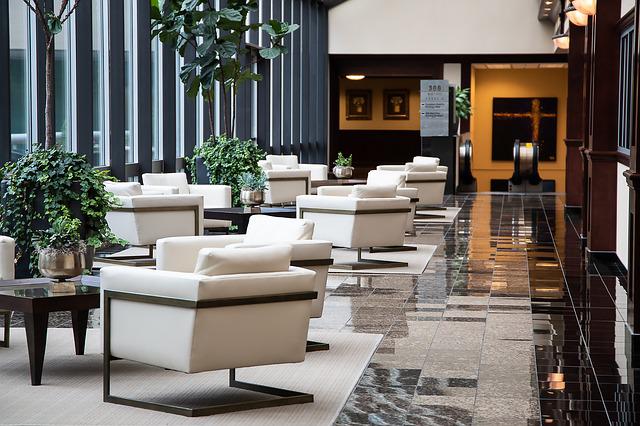Hospitality - Hotels and F & B
Sustainability in Hospitality

We understand the variable set of often small suppliers and services is complex when compared to businesses of a similar scale in consumer products. This complexity offers many possible ways to improve your sustainability in hospitality:
- Your installations – the sites, buildings, locations and specification of the buildings
- The various building services used in your installations – HVAC (Heating Ventillation & Air Conditioning), water, electrical power, compressed air etc.
- The product and services you deliver to your customers –e.g. rooms and their preparation, drinks and food at the restaurants and bars, gyms, spa etc,
- The waste that the above processes produce.
Tourism, including hospitality, forms 9% of the global GDP and ca 10% of the global employment. Tourism is responsible for high levels of CO₂ emissions between 5% and 14% depending on the location but it doesn’t cost th earth to change your footprint.
Sustainability in Hospitality On The Property Services Side
There are opportunities, like with any building, to:
- ensure adequate levels of insulation and shading to conserve energy consumption
- for resort or rural communities, buy or build your own renewable energy sources
- rainwater harvesting and greywater recycling: collection and use to save using mains water where possible
thereby managing Green House Gas (“GHG”) emissions and water consumption.
There are many companies who are willing to collaborate on building the right level of renewable energy resource to share locally, for example: solar panels (solar power and/or solar water heating), ground source heat pumps and heat recovery mechanisms of existing systems.
We have experienced the franchise, lease property arrangements and managed contract models enough to be able to make suggestions on different ways of managing the economics to best suit everyone’s interests.
Product Services
With the multiple services you deliver to your customers – it is usually one of the supply chains with high levels of suppliers and often modest volumes, usually serviced by a wholesale distribution network, who have a wide range of products from a broad range of suppliers.
This broad range provides a significant opportunity to implement some changes quickly that demonstrate your commitment and desire to become a sustainability in hospitality leader.
We work with you to scope where you can easily make an impact and get benefits, followed by areas that can deliver a differentiated service that distinguishes you from your sector peers.
Food waste management, which depending on the boiler system could reduce energy usage, is a big opportunity to reduce costs and improve sustainability impacts helping your positioning with clients on sustainability ratings.
Our evaluation assesses across some 100+ variables before recommending options from laundry systems, cleaning products, water recycling, waste management, staff travel, back-of-house and front-of-house appliances and equipment, IT, etc.
Our overall moto here is “every little helps.” We have found that in the Hospitality sector there can often be untapped operational savings that could support investment opportunities for mid-term solutions.
